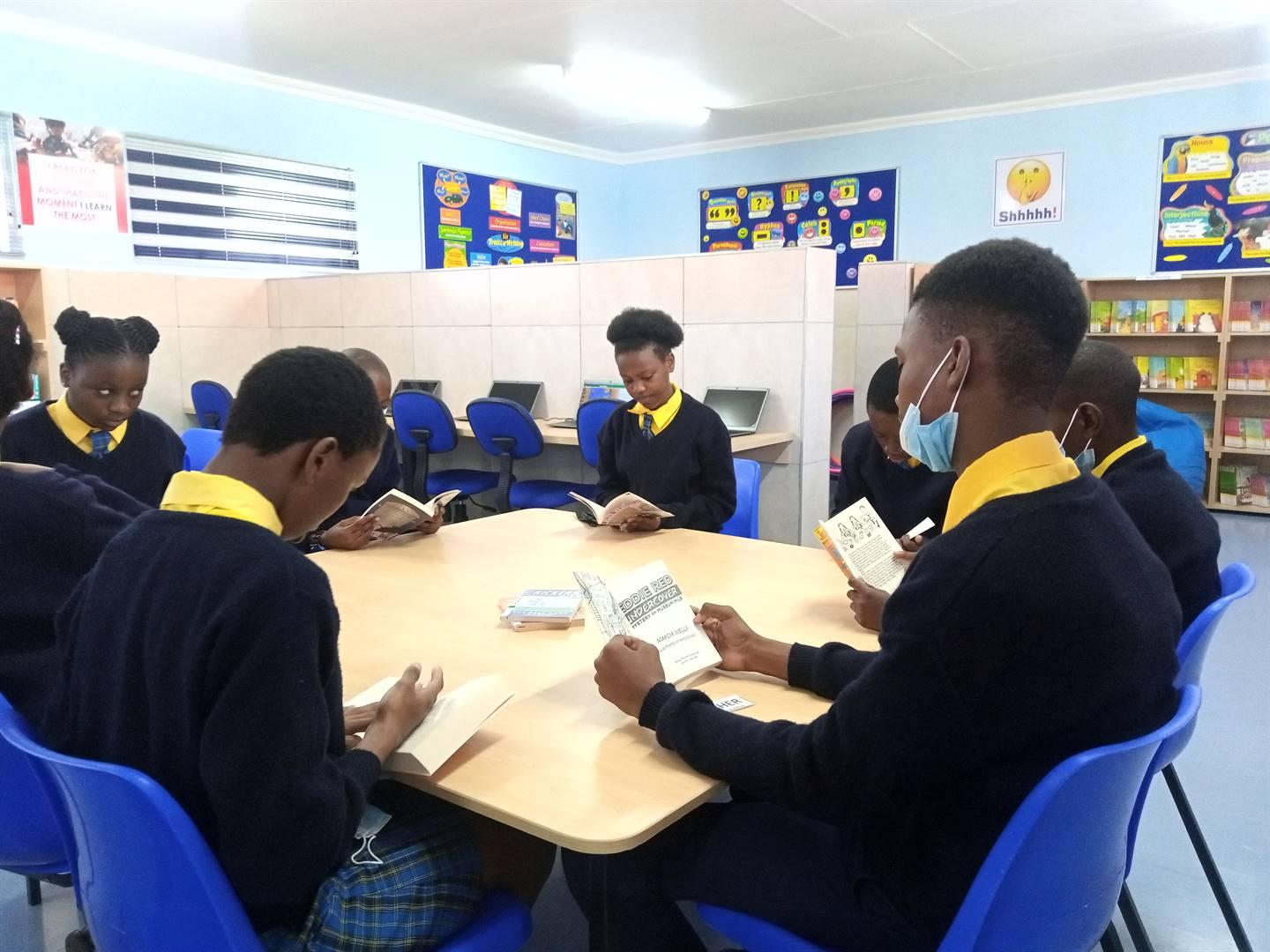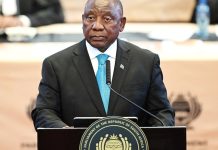
Africa-Press – South-Africa. New research by the World Bank has painted a stark and worrying picture about children’s learning outcomes, as a result of the Covid-19 pandemic, across the world.
According to the latest The State of Global Learning Poverty, learning poverty has increased by a third in low-and middle-income countries, with an estimated 70% of 10-year-olds unable to understand a simple written text.
The increases in learning poverty have been largest in South Asia, Latin America and the Caribbean.
These regions had longer school closures at the start of the pandemic. In sub-Saharan Africa, increases in learning poverty were smaller, but it now stands at 89%.
Covid-19: So, what do we do with all of our masks now that they are no longer required?
The report notes that even before the pandemic, the situation was dire.
“This rate [learning poverty] was 57% before the pandemic, but now the learning crisis has deepened. This generation of students now risk losing $21 trillion in potential lifetime earnings in present value, or the equivalent of 17% of today’s global GDP, up from the $17 trillion estimated in 2021.
“Even before Covid-19, the world was facing a learning crisis, with nearly six out of every 10-year-olds in low- and middle-income countries suffering from learning poverty – meaning they were unable to read and understand a simple story.
“The report warns that without urgent intervention, the learning losses will lead to a “human capital catastrophe”.
“If children do not acquire the basics of literacy – together with numeracy and other foundational skills – the futures of hundreds of millions of children around the world, and their societies, are at grave risk.”
The report stressed that the poor learning outcomes, are a violation of children’s rights to education.
“After all the hard work by so many families and educators to provide education for all, manifested in rising enrolments, it is unacceptable that 70 percent of children in low- and middle-income countries may not be reading with comprehension at even a minimally adequate level.
“Moreover, parents are often not aware of how little their children are learning because of the lack of effective use of learning assessments. This violates the trust that families have placed in education – trust that has led to 90 percent enrolment at primary level in the low- and middle-income countries – and it undermines realising the high returns that investments in education can deliver to children and their communities.”
It further warns that if there is no intervention, pupils are at risk of losing their future projected earnings.
“Without action, the current generation of students now risks losing $21 trillion in lifetime earnings in present value, or the equivalent of 17 percent of today’s global GDP. Relative to current incomes, this economic cost is disproportionately borne by low- and middle-income countries, in which this generation of students could lose $11 trillion of lifetime earnings.
“In addition to this intergenerational inequality shock, evidence is mounting that the shock has worsened inequality within the current generation of children, as those from lower socioeconomic backgrounds and other disadvantaged groups have suffered larger learning losses.”
For More News And Analysis About South-Africa Follow Africa-Press





